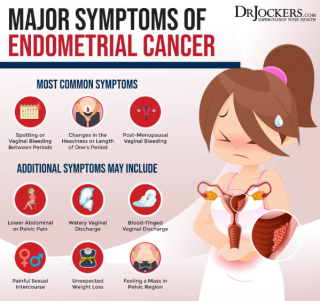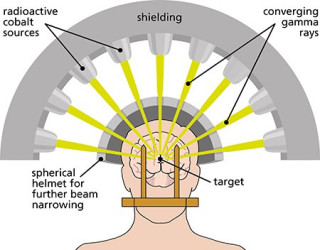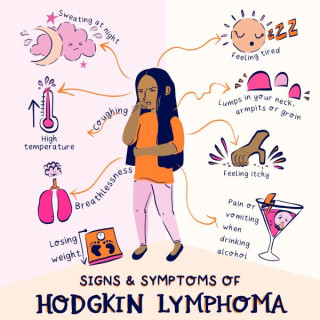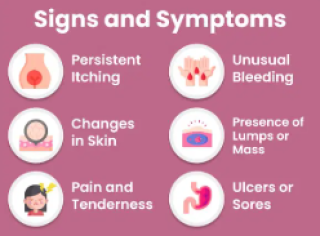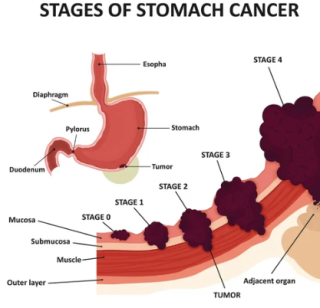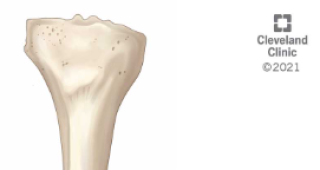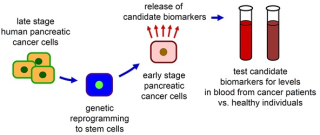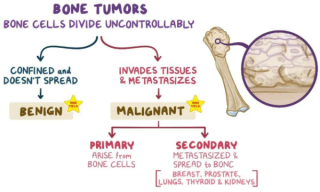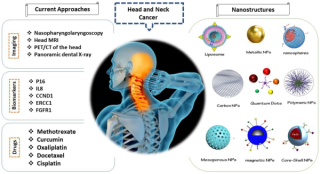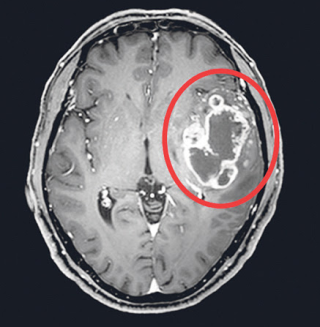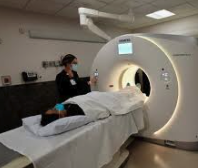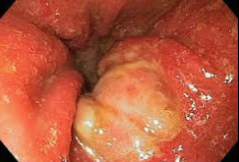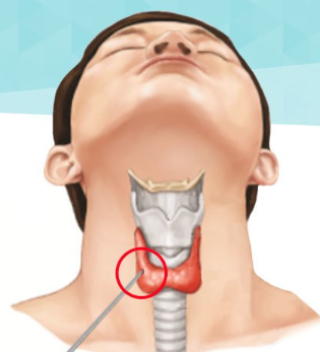Is Lyme disease a New Illness?updated at Nov 07, 2025 1,826 1,826 Is Lyme Disease a New Illness?Lyme disease is not a new illness.Although formally identified and named in 1975 following an outbreak in Lyme, |
How does Lyme Disease start?updated at Nov 08, 2025 1,424 1,424 Lyme disease is an infectious disease caused by a spiral-shaped bacterium of the *Borrelia* genus, |
Treatment for Lyme diseasecreated at May 06, 2009 1,336 1,336 Lyme disease is treated with antibiotics, |
Can endometrial cancer be found early?created at May 05, 2009 1,270 1,270 Early detection of endometrial cancer is possible, |
What should I ask my doctor when diagnosed with endocrine cancer?created at May 04, 2009 1,304 1,304 Diagnosing endocrine cancer involves a combination of methods, |
How do you diagnose endocrine cancer?created at May 04, 2009 1,256 1,256 Diagnosing endocrine cancer typically involves a combination of physical examination, |
Stereotactic radiosurgery for Brain Cancercreated at May 04, 2009 1,271 1,271 Stereotactic radiosurgery (SRS) is a non-invasive type of radiation therapy that delivers highly focused beams of radiation to a precise point in the brain to target brain tumors, |
Decoding Lyme Disease Diagnosis: Unraveling the Mysteryupdated at Nov 08, 2025 1,559 1,559 The Diagnostic Dilemma of Lyme DiseaseDiagnosing Lyme disease is notoriously complex and frustrating, |
Essential Guidelines for Those Undergoing Growth Hormone Therapycreated at May 14, 2009 1,390 1,390 Successfully undergoing growth hormone therapy requires diligent adherence to prescribed dosages and administration schedules, |
What are the signs and symptoms of Hodgkin's?created at May 22, 2009 1,557 1,557 Hodgkin's lymphoma often presents with painless swelling of lymph nodes, |
Understanding Vulvar Cancer Diagnosis: What to Expectcreated at May 05, 2009 1,330 1,330 Vulvar cancer is diagnosed through a combination of methods, |
The basic information for Stomach cancercreated at May 03, 2009 1,385 1,385 Stomach cancer, |
How is bone cancer diagnosed?created at May 03, 2009 1,410 1,410 Bone cancer diagnosis begins with a thorough medical history and physical examination, |
Decoding the Diagnosis: How Doctors Detect Pancreatic Cancercreated at May 04, 2009 1,515 1,515 Detecting pancreatic cancer is challenging because it often presents with vague symptoms or none at all in its early stages.Diagnosis typically involves a combination of imaging tests, |
Demystifying Bone Tumors: Understanding Benign and Malignant Varietiescreated at May 03, 2009 1,336 1,336 Bone tumors are growths that develop in bone tissue, |
How will a physician make a diagnosis of head and neck cancer?created at May 09, 2009 1,228 1,228 Diagnosis of head and neck cancer typically begins with a thorough medical history and physical examination, |
Understanding the Diagnostic Process for Liver Cancercreated at May 04, 2009 1,391 1,391 If you’re concerned about liver cancer, |
How is a Brain Tumor Diagnosed?created at May 03, 2009 1,798 1,798 The doctor does a complete physical exam with special attention to neurological examination. This includes checks for alertness, |
Demystifying Sinusitis Diagnosis: Insights into the Processupdated at Nov 08, 2025 1,575 1,575 Clinical EvaluationThe initial step in diagnosing sinusitis revolves around a comprehensive clinical evaluation.This includes a detailed discussion of your medical history, |
Deciphering the Diagnosis: How Will My Doctor Detect Stomach Cancer?created at May 04, 2009 1,327 1,327 When it comes to identifying stomach cancer, |
Deciphering the Diagnosis of PCOS: Unveiling the Processcreated at Oct 08, 2009 1,446 1,446 Polycystic Ovary Syndrome (PCOS) can be a perplexing condition to diagnose, |
How will I be diagnosed for colorectal cancer?created at May 04, 2009 1,497 1,497 To find the cause of symptoms, |
How do you diagnose thyroid cancer?created at May 03, 2009 1,287 1,287 The doctor will ask about your medical history and will do a careful physical exam, |

